GwinnettForum | Number 19.92 | March 6, 2020
A SIGN OF SPRING: Though the weather has been rainy, there are indications that spring is not too far away for Georgia. Even in the North Carolina mountains, as this crocus photo and a happy bee show, the season is slowly making its way toward us. The photo comes from Claire Danielson of Black Mountain, N.C., via Susan McBrayer of Sugar Hill. Knowing the bees are dutifully at work is a major signal that warmer climes are coming soon.
 TODAY’S FOCUS: State of Georgia Is Usurping County Power in Monuments Legislation
TODAY’S FOCUS: State of Georgia Is Usurping County Power in Monuments Legislation
EEB PERSPECTIVE: Census Forms Coming Soon To Your House; Beware of Census Scams
ANOTHER VIEW: Other Democracies Change; Why Does the USA Cling to Old Ideas?
SPOTLIGHT: E.R. Snell Contractor, Inc.
FEEDBACK: It’ll Cost you $1.20 in Postage To Mail Back in An Absentee Ballot
UPCOMING: Three CIDs Help Fund Study of 6.6 Mile Boulevard Corridor
NOTABLE: Chamber Names Paul Oh as New Manager of Community Affairs
RECOMMENDED: The Man Who Invented Florida by Randy Wayne White
GEORGIA TIDBIT: Georgia Native Helen M. Lewis Concentrates on Appalachian People
MYSTERY PHOTO: Today’s Mystery Photo Looks Like a Cold, Wet Area
LAGNIAPPE: A Little Bluebird Become Harbinger of Spring for Gwinnett
CALENDAR: Climate Change Discussion March 8 at Peachtree Corners Library
Georgia is usurping county power in monuments legislation
By Jack Bernard, contributing columnist
“This bill will make a lasting impact on countless Georgians.” — Gov. Brian Kemp
These monuments “continue to inflame and divide our state.” –Rep. Karen Bennett
PEACHTREE CITY, Ga. | With obvious disregard to the feelings of our black citizens, the 2019 Georgia Legislature passed a law prohibiting removal or moving of Confederate Memorials. Yes, Governor Kemp, it will have a lasting impact on many Georgians. Especially black descendants of slaves and anyone who truly understands why the Civil War was fought. This may not have been the impact you implied when you signed it into law, as Rep. Karen Bennett (an African American) points out.
 The Civil War was fought over slavery, ownership of black men, women and children, something no Southerner should be proud of or wish celebrated. Yes, there was an economic aspect to the War, but that was 100 percent directly related to slavery. Slave owners wanted their slaves as cheap labor.
The Civil War was fought over slavery, ownership of black men, women and children, something no Southerner should be proud of or wish celebrated. Yes, there was an economic aspect to the War, but that was 100 percent directly related to slavery. Slave owners wanted their slaves as cheap labor.
There are very few, if any, public monuments in Georgia or the South explaining the horrors of slavery. Instead, they unjustifiably glorify the Confederacy and its “lost cause.”
My wife, children and grandchildren are all Southerners, Georgia descendants of slave owners, and of Confederate veterans. But that part of their heritage is not what defines them or most Southerners.
Georgia’s Monuments law simply reflects the obvious racism that caused these monuments to be created in the first place. Frankly, the law is part of the “make the South great again” movement to turn back the clock. Georgia’s changing demographics and voting patterns are simply unacceptable to those who wish the likes of Lester Maddox was back as governor.
It was no coincidence that this bill was pushed by rural white legislators. The monuments bill itself was introduced by Sen. Jeff Mullis of Chickamauga, who not coincidently represents a solidly GOP district which contains few African Americans. Mullis said he wanted to make sure that these monuments were not “unduly disrespected or hidden.”
Mullis and his GOP colleagues also believe that cities and counties are incapable of deciding whether or not to have these local monuments displayed. An amendment to permit local control was defeated, again on a party line vote.
It’s significant to note that our governor and these same legislators want state rather than federal control of our affairs (for example, our federal Medicaid waiver). Isn’t our state denying our local governments their right to rule themselves just a bit hypocritical by passing this monuments bill?
This monuments law is an attempt to take away the power of our counties and cities (including those with heavily black populations) to remove these monuments. The law should be immediately amended by the Legislature to permit local governments to make the decision as to where these disruptive monuments are located, not mandated by the state, or if they are seen at all.
- Have a comment? Send to: elliott@brack.net
Census forms coming soon; Beware of Census scams
By Elliott Brack
Editor and Publisher, GwinnettForum
MARCH 6, 2020 | In a few days, between March 12-20, each household in the United States will receive a letter from the U.S. Census, asking all households to participate in the official head count as of April 1, 2020. The count will let us know how many people live in each city, county and state in the country. This Census, done every10 years since 1790, forms the basis to determine how many representatives each state has in the U.S. House of Representatives, and also is used for drawing up Georgia Senate and House districts, plus county commission and school board districts.
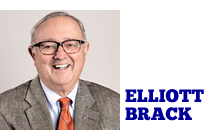 You can see that the Census is super important. One question it will answer for every county in the country: how many people reside with its borders. Right now the 2018 estimated population by the Census for Gwinnett is 927,781 residents. We’ll go out on a limb and estimate that the official Census population of Gwinnett will come in around 952,000 people. We’ll get to know by March 31, 2021.
You can see that the Census is super important. One question it will answer for every county in the country: how many people reside with its borders. Right now the 2018 estimated population by the Census for Gwinnett is 927,781 residents. We’ll go out on a limb and estimate that the official Census population of Gwinnett will come in around 952,000 people. We’ll get to know by March 31, 2021.
What the mail will soon bring from the Census will be a form that will have on it your distinct contact number for the Census. You can answer the Census questions online, by phone or by mail, using that special number given to your address.
When filling out the Census for your household, you need to count everyone who will be living with you on April 1. That includes any friends or family members who are regularly living and sleeping with you most of the time. If someone is staying with you on April 1, and has no regular home elsewhere, that person should be included in your response. Be sure to count all children within your house on that date, including foster children. Any baby born on or before April 1 should be counted, but count no baby born after April 2. Even military personnel who are deployed elsewhere temporarily should be counted at their usual home address in the USA.
Besides the counting of people in each area, how else is the Census important? The U.S. and Georgia government use the Census numbers to distribute funds for all causes. Each government wants to get its “fair share,” so it finds the Census important in what monies comes back to the individual government from Federal monies.
With as big an operation as the Census is, you can bet that there will be scams, fraud and other nefarious schemes trying to use the Census to benefit the crooks. Remember, the Census will only send you an invitation to participate in the count. The Census will not ask for your Social Security number, your bank account or credit card account, or for your email. And the Census will also not ask for money of any kind, nor contact you on behalf of a political candidate or party.
If you feel uneasy about someone contacting you about the Census, report this at 800-923-8282.
If someone appears at your door saying they are with the Census, check their Identification badge from the U.S. Department of Commerce, their photo, and the expiration date. If you still have questions, call the Census number (above.)
If you know of anyone unsure or who has questions about the Census, contact the Census Bureau or any governmental official. Or if you are desperate and can’t find anyone to contact, get with us here at GwinnettForum, and we’ll try to find out the answer to your Census questions. Call us at 770 840 1003, or at elliott@brack.net. Let’s all work hard to ensure a fair and accurate count.
- Have a comment? Send to: elliott@brack.net
Other democracies change; Why does USA cling to old ideas?
By George Wilson, contributing columnist
STONE MOUNTAIN, Ga. | Why has the Republican Party changed? The political scientist Theda Skocpol offers a useful two-part explanation in a new book, Upending American Politics.
![]() First, the sharp rise of inequality has empowered conservative donors and activists who want to protect their fortunes by shrinking government. Second, many rank-and-file voters have grown angry about economic stagnation, wage inequality and anxiety about immigration and secularization. These voters have become attracted to, or at least tolerant of, politics tinged with ethno-nationalism and authoritarianism. Also, the failure to reach out to all Americans instead of the ever-diminishing white base. One example: New Hampshire has 20,000 less registered Republicans than the previous election.
First, the sharp rise of inequality has empowered conservative donors and activists who want to protect their fortunes by shrinking government. Second, many rank-and-file voters have grown angry about economic stagnation, wage inequality and anxiety about immigration and secularization. These voters have become attracted to, or at least tolerant of, politics tinged with ethno-nationalism and authoritarianism. Also, the failure to reach out to all Americans instead of the ever-diminishing white base. One example: New Hampshire has 20,000 less registered Republicans than the previous election.
Furthermore, many other Republican moves are involved: vote suppression, gerrymandering, Senate obstruction, courts flooded with conservatives for decades, abortion rights repealed, and corruption cover ups. Add this to a right-wing and social media only interested in maximizing eyeballs and money.
The problem is not the Republicans, although they pushed moral corruption to a form of art. It is time to realize, United States citizens, that the problem lies with our antiquated Constitution. It has served us well, but now parts of it are more of a burden than it is an asset.
Moreover, this is evidenced by unlimited money pouring into campaigns by secret dark money groups, the mass slaughter of citizens because of lack of control on guns and the unequal representation in the Senate. Californians are beginning to resent that they have a population of 40 million, while Wyoming has a population of 578,000 ( much smaller than Gwinnett), yet they each have two United States Senators.
Finally, all democracies in the world have changed theirs to adapt to the present. Why do we cling so much to it? The Founding Fathers would be shocked that we didn’t find the courage or the talent to write something or improve what we have.
- Have a comment? Send to: elliott@brack.net
E.R. Snell Contractor, Inc.
 The public spiritedness of our sponsors allows us to bring GwinnettForum.com to you at no cost to readers. Today’s sponsor is E.R. Snell Contractor, Inc. of Snellville. Founded in the 1920s, ERS was built on Christian beliefs with honesty and integrity leading the way. Specializing in roads, bridges and culverts, its goal is to build a safe and modern highway system while preserving our natural environment. Through quality production and high safety standards, it strives to be the best contractor possible, while continuing to be a positive influence on its employees and the community.
The public spiritedness of our sponsors allows us to bring GwinnettForum.com to you at no cost to readers. Today’s sponsor is E.R. Snell Contractor, Inc. of Snellville. Founded in the 1920s, ERS was built on Christian beliefs with honesty and integrity leading the way. Specializing in roads, bridges and culverts, its goal is to build a safe and modern highway system while preserving our natural environment. Through quality production and high safety standards, it strives to be the best contractor possible, while continuing to be a positive influence on its employees and the community.
- Visit online at www.ersnell.com.
- For a list of other sponsors of this forum, click here.
It’ll cost you $1.20 in postage to mail back an absentee ballot
Editor, the Forum:
![]() Recently I readied my Official Absentee Ballot for mailing. The instruction sheet warns to be sure to use sufficient postage but does not indicate what that might be. There was nothing about this on the inner or outer envelope either.
Recently I readied my Official Absentee Ballot for mailing. The instruction sheet warns to be sure to use sufficient postage but does not indicate what that might be. There was nothing about this on the inner or outer envelope either.
I called the Gwinnett Board of Registrar’s Office. No one there could answer my question, although one woman opined, “Two stamps ought to be enough.” I looked on line, where it appears that I am not the only perplexed voter; there is nothing definitive to be found. However, I did eventually find this site: https://qz.com/1433788/how-many-stamps-should-i-put-on-an-absentee-ballot/
Surely in this age of high tech someone could figure out how to indicate the required postage for an absentee ballot. Of course, one could take the envelope to the Post Office, but that defeats the purpose.
Something is very wrong with this system!
— Mary Beth Twining, Buford
Dear Mary Beth: Apparently others have wanted to know, for this time the Elections Office in Gwinnett tells me immediately that you should put $1.20 in postage on the envelope, mainly because of the size (and weight) of the Gwinnett ballot. –eeb
Gwinnettians: Consider yourself lucky to be living in area
Editor, the Forum:
My wife, Peggy, and I enjoyed reading your recent article “Have you ever considered why you live where you do?”
I spent several years of my childhood in Colorado; Peggy was born and raised in Ohio and Michigan and our son, Joseph, spent four years in Philadelphia, Penn.
People who have never lived outside Georgia or the Southeast may not know how lucky they are to live and work in this part of the country. We remember harsh winters … like walking to school in two feet of snow, digging the automobile out of a snow bank during a snow blizzard, wind chills below zero and having the power out for up to three days.
Joseph worked part time and pursued a master’s degree at a college in Philadelphia. The first year he was in Philly, they had a record, harsh winter with a total of 72 inches of snow. Philly is a beautiful city and we enjoyed visiting in the late spring and summer but not in the winter! Joe stuck it out and got his degree. During his last winter in Philly he was digging his automobile out of another snowbank in a wind chill around zero. He told us he finally lost it … threw his snow shovel into a nearby snowbank and yelled out at the top of this voice “Why Does Anyone Live here? ” After graduation he moved back to Georgia and secured a good job in Athens, where he now lives.
Georgia is a great place to live. We have four distinct seasons but none of them are excessively harsh. Gwinnett and surrounding areas are growing and offering employment and good living opportunities. Gwinnettians and Georgians… consider yourselves fortunate living here.
— Bruce Black, Peachtree Corners
Send us your thoughts: We encourage you to send us your letters and thoughts on issues raised in GwinnettForum. Please limit comments to 300 words. We reserve the right to edit for clarity and length. Send feedback and letters to: elliott@brack.net
Three CIDs help fund study of 6.6-mile boulevard corridor
By Tad Leithead
Transportation is a major topic for businesses and residents in Gwinnett County. In her recent State of the County address, Chairman Charlotte Nash listed transportation as her second highest priority, behind water.
In response to this, Lilburn CID, Gateway85 CID and Tucker Summit CID have joined forces with Gwinnett County and the City of Tucker (in DeKalb County) to contribute $200,000 toward the study of the Jimmy Carter Boulevard and Mountain Industrial Boulevard corridor from I-85 to East Ponce de Leon Avenue. Cooperation is key to ultimate success, and in fact, these three Atlanta Community Improvement Districts (CIDs) are currently partnering across city and county lines in a study to identify future transportation improvements along the 6.6 mile major thoroughfare.
Gateway85 CID and Tucker Summit CID executive director Emory Morsberger says: “It’s unique because it brings Gateway85 CID, Lilburn CID and Tucker Summit CID together with officials in DeKalb County’s city of Tucker, working on an upgrade of the corridor in a partnership that is really going to move things forward.”
The study’s purpose is to analyze the existing multimodal operational and capacity of the corridor. It will also provide recommendations for future projects to address the transportation and mobility needs of the corridor for both near-term and long-term implementation.
This inter-agency cooperation will take a lot of work and coordination, but it will be well worth it when residents and businesses all benefit from the results and execution of the study.
Gwinnett County will contribute $67,000 from the 2017 Special Purpose Local Options Sales Tax (SPLOST) while percentages of the remaining funds will be divided among each agency. Requests for proposals will be available for bid in mid-March. Visit this link to see a draft of the scope of work for the study.
Among the items being studied will be:
- Future traffic forecasts;
- Prepare different forecast scenarios for mainline AADT;
- Perform existing, no-build, and build scenario analyses at intersections;
- Identify potential short, mid, and long-term projects and recommendations for corridor;
- Identify potential ‘off-corridor’ improvements to augment the corridor;
- Improvements may include: capacity, operations, safety, bicycle, pedestrian, transit, ITS, TDM;
- Evaluate and make recommendations as to the viability of the corridor being added to the state route system.
Stripers invite fans to hear March 8 about coming season
The Gwinnett Stripers, Triple-A affiliate of the Atlanta Braves, are inviting fans and media outlets to attend the Stripers Preseason Party on Sunday, March 8 beginning at noon. The event will be at Coolray Field, 2500 Buford Drive in Lawrenceville.
 The Preseason Party is a free event for fans that includes:
The Preseason Party is a free event for fans that includes:
- Complimentary hot dogs and soda;
- Self-guided tours of Coolray Field;
- Previews of Coolray Field upgrades, including the new video display boards;
- On-field batting practice (weather permitting);
- Fan races against “The Fridge,” winner of the 2019 MiLB Golden Bobblehead Award for “Best In-Game Fun”;
- Face painting and activities for kids;
- Individual game ticket sales;
- Team Store sales; and
- Used furniture sale.
Stripers Vice President and General Manager Adam English will discuss plans and promotions for the 2020 season, as well as tell about new elements coming to Coolray Field. Attendees should park in Lot A and enter through the Main Gate at the front of the ballpark.
Chamber names Oh as new manager of community affairs
Paul Oh is the new manager of public policy and community affairs at the Gwinnett Chamber of Commerce. In his new role, Oh is charged with strengthening the Chamber’s relationships with local, municipal, state and federal officials, as well as expanding the Chamber’s public policy initiatives and reaching out and being a Chamber presence within Gwinnett County’s international community. With a B.S. in International Affairs and Modern Languages from Georgia Institute of Technology, Oh spent the past six years as Constituent Services Representative and then Field Representative for Congressman Rob Woodall.
The Man Who Invented Florida by Randy Wayne White
![]() This is a virtual romp through some high-jinks in modern day Florida. The book focuses on the mango-swamped southwest of Florida to spin a fascinating yarn with characters pulled from the Everglades, who were veterans of the days before this area was thoroughly developed. It involves Indian tales, artesian wells, three lost fishermen and unforgettable characters of one outrageous family. You’ll learn about old-time music (especially the Orange Blossom Festival fiddle tune), and about a character who thinks he invented the world, who, with another cowboy, still rides horses instead of driving cars. Add to this the state of Florida trying to take over private property from people who don’t want a state park in the area, and you start to understand the situation from the eyes of a scientist who develops a new way to rejuvenate murky waters. This book makes you continue to flip the pages quickly. —eeb
This is a virtual romp through some high-jinks in modern day Florida. The book focuses on the mango-swamped southwest of Florida to spin a fascinating yarn with characters pulled from the Everglades, who were veterans of the days before this area was thoroughly developed. It involves Indian tales, artesian wells, three lost fishermen and unforgettable characters of one outrageous family. You’ll learn about old-time music (especially the Orange Blossom Festival fiddle tune), and about a character who thinks he invented the world, who, with another cowboy, still rides horses instead of driving cars. Add to this the state of Florida trying to take over private property from people who don’t want a state park in the area, and you start to understand the situation from the eyes of a scientist who develops a new way to rejuvenate murky waters. This book makes you continue to flip the pages quickly. —eeb
An invitation: what books, restaurants, movies or web sites have you enjoyed recently? Send us your recent selection, along with a short paragraph (100 words) as to why you liked this, plus what you plan to visit or read next. Send to: elliott@brack.net
Georgia native Lewis concentrates on Appalachian people
Shaped by her early years in Georgia, Helen M. Lewis made her mark after leaving the state for other parts of the South, most notably in the Appalachian Mountains. In her dual role as academic and social activist, Lewis helped found the discipline of Appalachian Studies and served for several decades as one of its most influential leaders.
Helen Matthews was born in 1924 to Maurie Harris Matthews, a dental assistant, and Hugh Presley Matthews, a rural mail carrier, in Nicholson, which is located in Jackson County, a few miles north of Athens. In 1934 the family moved to Cumming, in Forsyth County, where in 1912 whites had driven out nearly all the county’s black residents. Her father, sensitive to the virulent racism in the area, actively warned African Americans about the risks in settling there, all the while raising his eldest daughter’s awareness of racial injustice and fueling the early activism of her college years.
Matthews attended Bessie Tift College, a small women’s Baptist school in Forsyth. As a freshman there, she was moved by a sermon delivered by visiting preacher Clarence Jordan, who in 1942 founded Koinonia in Sumter County, one of the nation’s first Christian interracial communes. He preached on the Good Samaritan, who is depicted as a black man in Jordan’s New Testament translation, Cotton Patch Gospel. That moment, she later recalled, brought her life’s purpose into focus. She intended to fight racial and economic injustice.
In 1943, she transferred to Georgia State College for Women (later Georgia College and State University) in Milledgeville, where she worked on the school yearbook with classmate Flannery O’Connor and participated in interracial activities sponsored by the campus YWCA. Upon graduating in 1946, she moved to Atlanta and became involved in the “Children’s Crusade,” the nickname for a statewide effort to register young voters across the state, sponsored by the Student League for Good Government. (Georgia was the first state to grant the vote to eighteen-year-olds.) After a brief stint in graduate school at Duke University in Durham, North Carolina, where she met and married Judd Lewis, she returned to Atlanta and worked as a speechwriter for Georgia governor Melvin E. Thompson.
In 1948 she had her first run-in with the law when she and others involved in a meeting of YWCA members and divinity school students from around the South were arrested for disorderly conduct based on the presence of three African American attendees. Much was made of the incident in the Atlanta newspapers, which falsely reported that the gathering was an interracial dance. Lewis and others who attended the meeting were eventually charged with the lesser charge of disturbing the peace. She paid a $25 fine.
After her year in Atlanta, Lewis and her husband moved to Charlottesville, Virginia, where they both attended graduate school at the University of Virginia. Lewis earned her master’s degree in sociology in 1949, with a thesis entitled “The Woman Movement and the Negro Movement: Parallel Struggles for Rights.”
(To be continued)
- To view the Georgia Encyclopedia article online, go to http://georgiaencyclopedia.org
Today’s Mystery Photo looks like a cold, wet area
What with the rains of 2020 being so heavy in Gwinnett (20.03 inches by Wednesday in 2020 so far, compared with a normal rainfall of 9.335 inches), perhaps this Mystery Photo will show an even wetter (and probably colder) location. Figure out where this is and send your answer to elliott@brack.net and include your hometown.
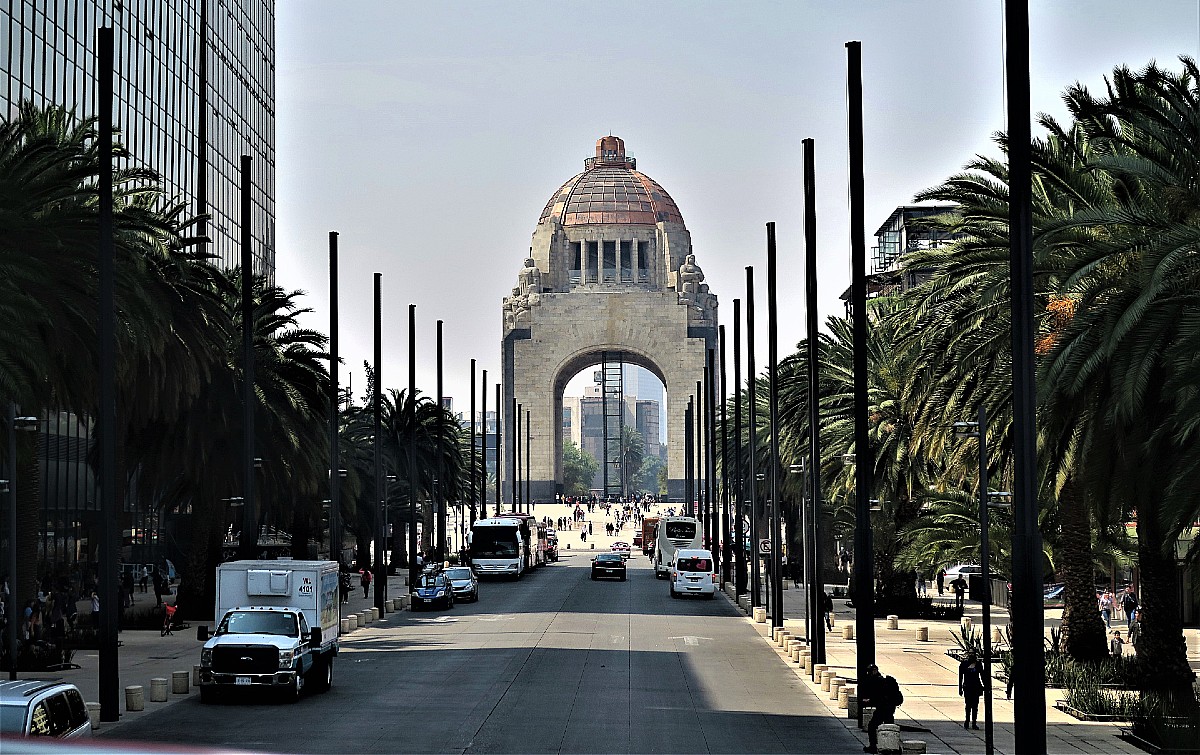 What happened this week was unusual. Either GwinnettForum lost some emails from our photo spotters, or else the last Mystery Photo was a difficult one. The only person we heard from recognizing the photo was Virginia Klaer of Duluth. She identified the “Monument to the Revolution (built 1910 – 1938) commemorates the Mexican Revolution and is located in Plaza de la Republican in downtown Mexico City.” The photo came from Jerry Colley of Alpharetta.
What happened this week was unusual. Either GwinnettForum lost some emails from our photo spotters, or else the last Mystery Photo was a difficult one. The only person we heard from recognizing the photo was Virginia Klaer of Duluth. She identified the “Monument to the Revolution (built 1910 – 1938) commemorates the Mexican Revolution and is located in Plaza de la Republican in downtown Mexico City.” The photo came from Jerry Colley of Alpharetta.
Bluebird becomes another harbinger of spring for Gwinnett
Roving photographer Frank Sharp sends us hope in this harbinger of spring, a bluebird he found on the ledge of the Lawrenceville Senior Center. And meanwhile, the crocus are blooming (see above), the daffodils provide bright yellow color these, and even some flowering trees and Forsythia are bringing us some hope of warm weather ahead. Another indication: our nation “springs forward” into Daylight Saving Time over Saturday night this weekend.
Climate change talk March 8 at Peachtree Corners library
![]() Climate Change: Join Professor Jamie Mitchem to learn about what the U.S. and the rest of the world is doing to combat climate change and the impact it has on geopolitics. It will take place on Sunday, March 8 at 3 p.m. at the Peachtree Corners Branch, 5570 Spalding Drive, Peachtree Corners. It is free and open to the public. This program is part of the Foreign Policy Association’s Great Decisions Series, which discusses America’s most critical issues each year. For more information, visit www.gwinnettpl.org or call 770-978-5154.
Climate Change: Join Professor Jamie Mitchem to learn about what the U.S. and the rest of the world is doing to combat climate change and the impact it has on geopolitics. It will take place on Sunday, March 8 at 3 p.m. at the Peachtree Corners Branch, 5570 Spalding Drive, Peachtree Corners. It is free and open to the public. This program is part of the Foreign Policy Association’s Great Decisions Series, which discusses America’s most critical issues each year. For more information, visit www.gwinnettpl.org or call 770-978-5154.
Southern Wings Bird Club meets Monday, March 9 at 7 p.m. at the Gwinnett Justice and Administration Center, in Lawrenceville. The speaker will be Linda May, an environmental outreach coordinator with the Department of Natural Resources.
Southern Values is the title of one of the current exhibits at the Hudgens Center for the Arts and Learning in Duluth. It will be on display through April 25. Curated by Mary Stanley, the show features work from three southern women artists: Shanequa Gay; Amanda Greene; and Joni Mabe. These artists pay homage to that which is Southern. All three have a special talent for finding beauty and value in the simple pleasures of daily life. The artists talk about this exhibit on March 28 from 11 a.m. until 1 p.m.
GwinnettForum is provided to you at no charge every Tuesday and Friday.
Meet our team
- Editor and publisher: Elliott Brack, 770-840-1003
- Managing editor: Betsy Brack
- Roving photographer: Frank Sharp
- Contributing columnist: Jack Bernard
- Contributing columnist: Debra Houston
- Contributing columnist: George Wilson
More
- Location: We are located in Suite 225, 40 Technology Park, Peachtree Corners, Ga. 30092.
- Work with us: If you would like to serve as an underwriter, click here to learn more.
Subscriptions to GwinnettForum are free.
- Click to subscribe.
- Unsubscribe. We hope you’ll keep receiving the great news and information from GwinnettForum, but if you need to unsubscribe, go to this page and unsubscribe in the appropriate box.
© 2020, Gwinnett Forum.com. Gwinnett Forum is an online community commentary for exploring pragmatic and sensible social, political and economic approaches to improve life in Gwinnett County, Ga. USA.



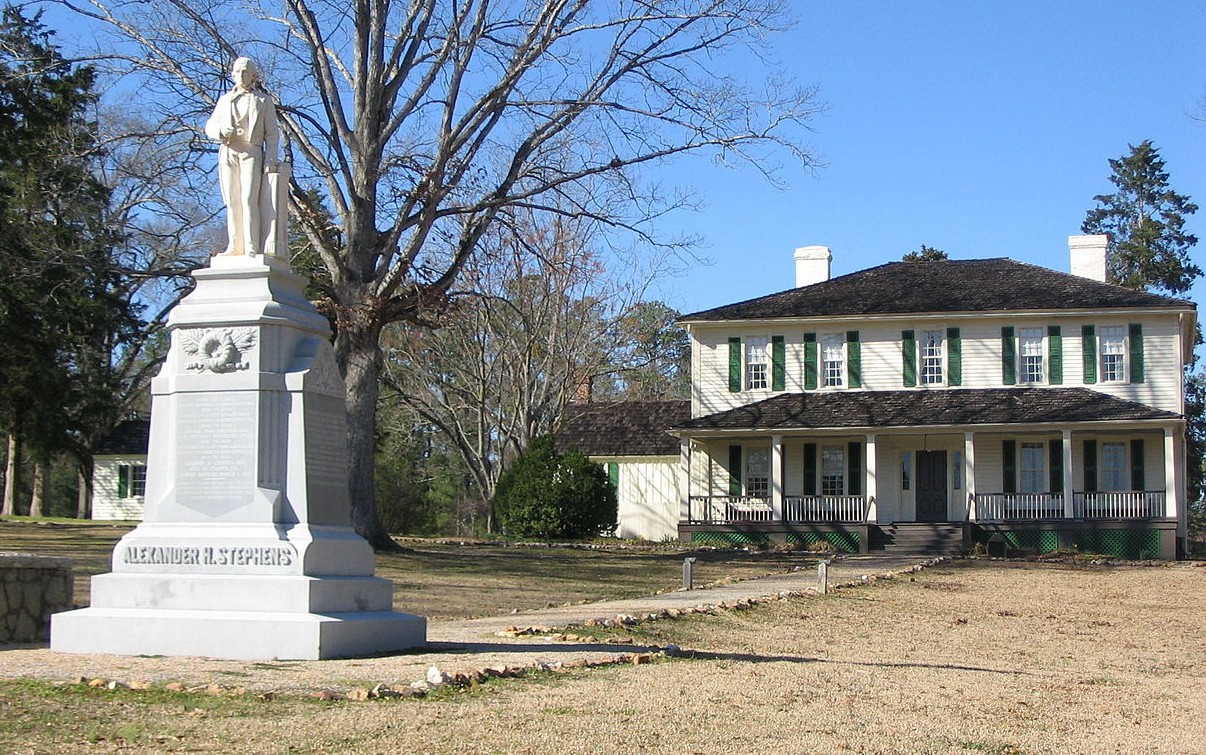


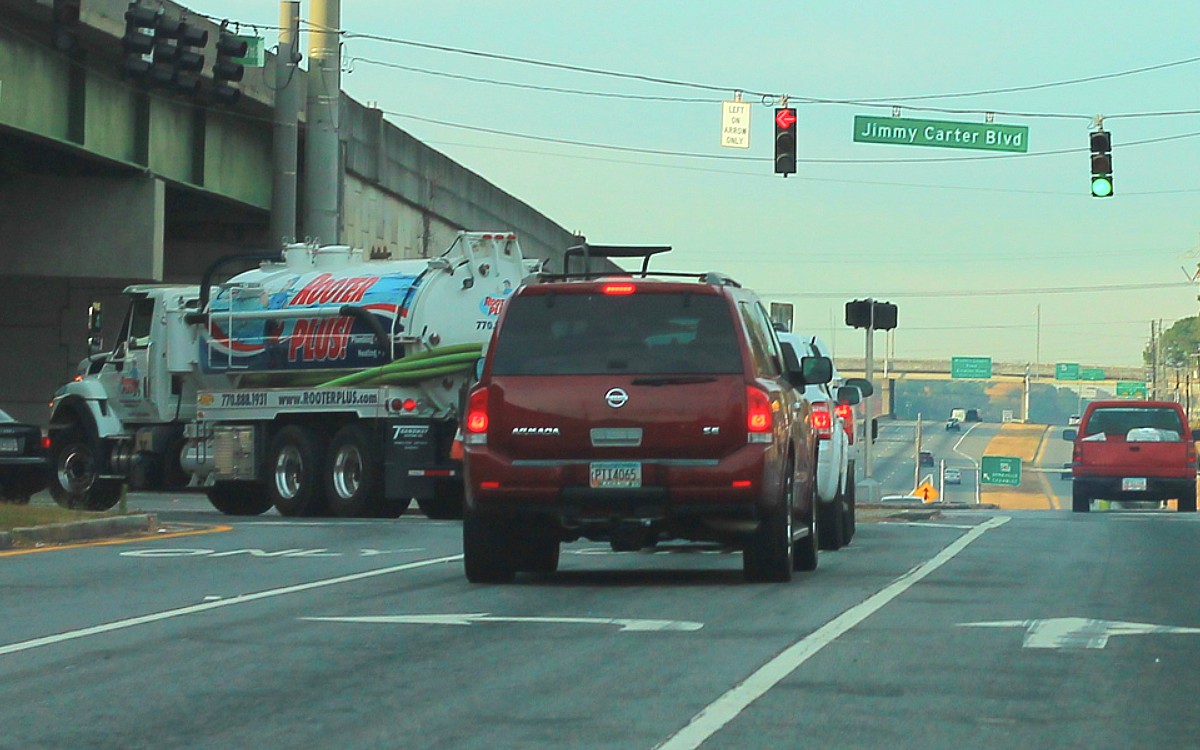


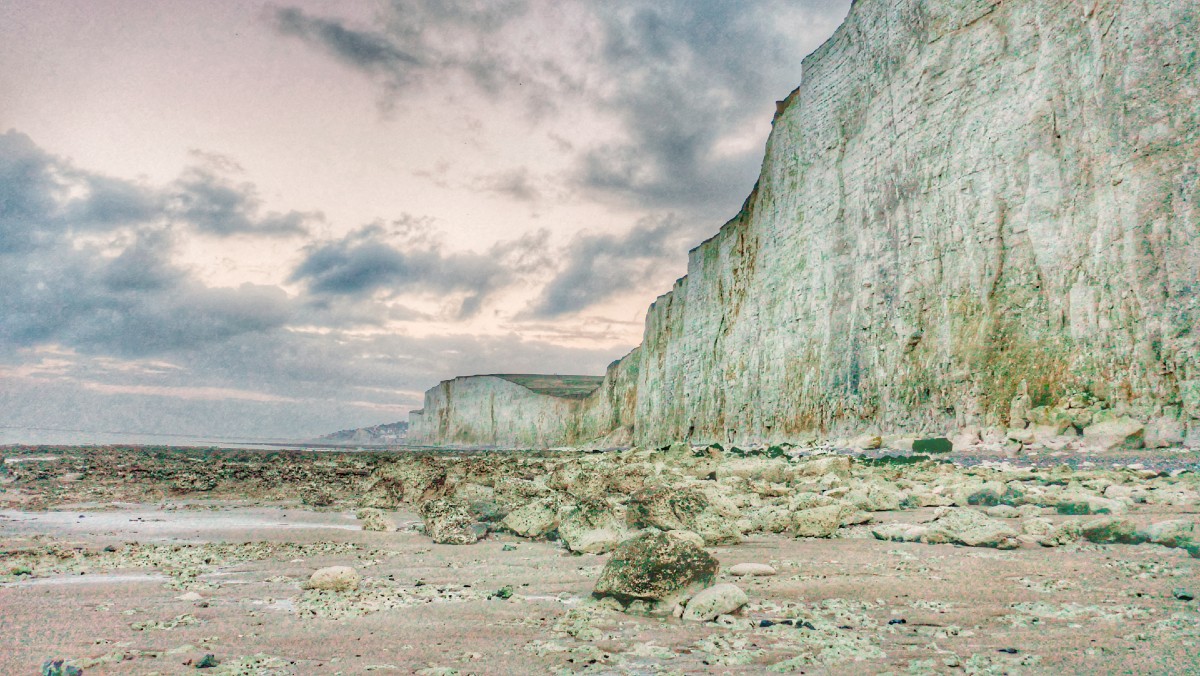








Follow Us